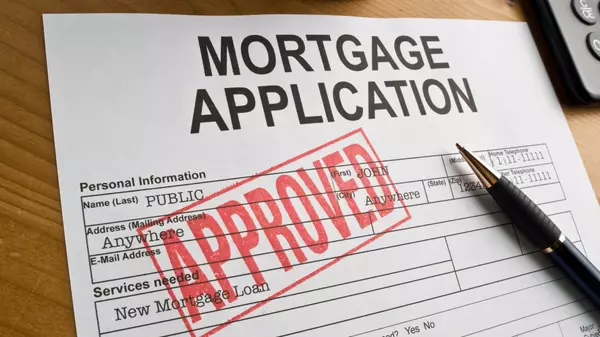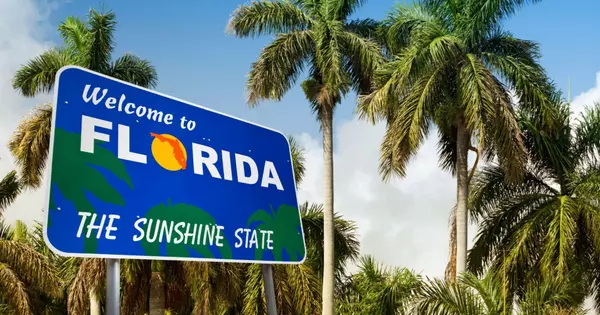Understanding South Florida Property Taxes
Buying a home in South Florida isn’t just about the purchase price. Property taxes are a big part of the ongoing cost of ownership, and understanding how they work can save you from surprises later. Let’s break it down.
How Property Taxes Are Calculated
In Florida, property taxes are based on the assessed value of your property, which is set by the county property appraiser. This assessed value is multiplied by the local tax rate (called a millage rate) to determine what you owe each year.
Every county in South Florida—Broward, Miami-Dade, Palm Beach—has its own millage rates. On top of that, cities, school boards, and special districts (like water management or fire rescue) can add their own rates. That’s why taxes can vary even between two neighborhoods right next to each other.
The Homestead Exemption
One of the biggest tax benefits in Florida is the Homestead Exemption. If you make a home your permanent residence, you may qualify for an exemption of up to $50,000 off the assessed value. This directly lowers your taxable amount.
There’s also the Save Our Homes cap, which limits annual increases in assessed value to 3% or the inflation rate (whichever is lower). This protects long-term homeowners from large jumps in property taxes when the real estate market surges.
New Buyers and Tax Reset
Here’s something many buyers don’t realize: when you purchase a home, the assessed value usually resets to the current market value. That means your property taxes could be much higher than what the previous owner was paying.
Before you close, it’s smart to look up the county’s property tax estimator to get an idea of your future bill.
Portability
If you already own a Florida home with the Homestead Exemption, you might be able to transfer (or “port”) your tax savings to a new property. Portability allows you to carry up to $500,000 of the difference between your old assessed value and market value, which can significantly reduce your new tax bill.
When Taxes Are Due
Property tax bills in South Florida are mailed out each November. Discounts apply for early payments:
-
4% off if paid in November
-
3% off in December
-
2% off in January
-
1% off in February
The full amount is due by March 31 of the following year.
Key Takeaway
Property taxes in South Florida are a major factor in homeownership costs. Between county rates, exemptions, and resets at the time of purchase, your bill might look very different from your neighbor’s. If you’re buying, make sure to check the county’s property appraiser site and run the numbers before making your move.
And if you ever need help understanding how taxes will affect your buying or selling plans, Michael Gutleizer (Mickey) is here as your go-to South Florida Realtor.
Categories
- All Blogs (33)
- Appraisal (1)
- Beach (1)
- Better (1)
- Broward (4)
- Budget (1)
- Buy (11)
- Closing (1)
- Condo (1)
- Costs (1)
- Dade (1)
- Hallandale (1)
- Home Improvement (2)
- Inspection (1)
- Investors (1)
- Kitchen (1)
- Living (3)
- Market (1)
- Miami (1)
- Mistake (2)
- Mortgage (1)
- Moving (1)
- Multiple Offers (1)
- Negotiations (1)
- Neighborhoods (1)
- offers (2)
- Pets (1)
- Pre-Approved (1)
- Price (1)
- Process (1)
- Pros & Cons (1)
- Realtor (3)
- Relocating (2)
- Renovations (1)
- Rent (2)
- Scams (1)
- School (1)
- Season (1)
- Sell (11)
- Single Family Home (2)
- South Florida (8)
- Staging (1)
- taxes (1)
- Tips (1)
- Understanding (2)
- value (2)
Recent Posts











